Have you ever strongly believed something happened in a certain way, only to find out you were wrong? If so, you might have experienced the Mandela Effect. This strange thing has puzzled scientists, people who believe in secret plots, and ordinary folks. But what is the Mandela Effect, and why does it occur? Let’s explore this confusing idea to understand where it comes from, see some examples, and figure out what might be causing it.
What Is the Mandela Effect?
The term “Mandela Effect” was coined by Fiona Broome in 2009 when she discovered that many people, including herself, remembered Nelson Mandela’s death occurring in the 1980s while he was in prison. In reality, Mandela was released from prison in 1990 and passed away in 2013. This shared false memory sparked a wave of interest in the idea that collective misremembering could point to something deeper—perhaps even alternate realities.
At its core, the Mandela Effect refers to a situation where a large group of people shares the same inaccurate memory of an event, detail, or fact. While some chalk it up to the quirks of human memory, others suggest it’s evidence of parallel universes or glitches in the fabric of reality.
Popular Examples of the Mandela Effect
- The Berenstain Bears vs. The Berenstein Bears Many people distinctly remember the popular children’s book series being spelled “Berenstein Bears,” with an “-e-i-n” ending. However, the official spelling is “Berenstain Bears,” with an “-a-i-n.” This small but striking difference has led to endless debates.
- Luke, I Am Your Father Fans of Star Wars often quote Darth Vader’s iconic line as “Luke, I am your father.” In reality, the line is, “No, I am your father.” This misquote is so widespread that it has been parodied countless times in pop culture.
- Monopoly Man’s Monocle Many people recall the Monopoly mascot, Rich Uncle Pennybags, sporting a monocle. Yet, he has never worn one. Could this false memory be a mix-up with Mr. Peanut, another iconic character known for his monocle?
- Pikachu’s Tail Some Pokémon fans remember Pikachu having a black tip on its tail. In truth, Pikachu’s tail has always been solid yellow, leaving many scratching their heads.
- “We Are the Champions” Ending Queen’s hit song “We Are the Champions” leaves listeners feeling triumphant. However, many are surprised to realize the song doesn’t end with the line “of the world,” as they’ve always believed.
Possible Explanations for the Mandela Effect
- 1. Faulty Memory
- Human memory is far from perfect. It’s not like a video recording but rather a reconstruction that can be influenced by biases, suggestions, and other memories. The Mandela Effect may simply be the result of cognitive errors like confabulation, where the brain fills in gaps with fabricated details.
- 2. Social Reinforcement
- When a false memory is shared by others, it gains credibility. Hearing others confidently recall the same “facts” can solidify the inaccurate memory in your mind.
- 3. Parallel Universes
- For those who enjoy a more out-of-this-world explanation, the Mandela Effect could be evidence of alternate realities. Proponents of this theory suggest that small shifts between parallel universes could account for the discrepancies in collective memories.
- 4. False Priming
- Exposure to misleading information can “prime” your brain to remember things incorrectly. For instance, seeing “Berenstein” spelled wrong in one place could influence how you remember it later.
Why Does the Mandela Effect Fascinate Us?
The Mandela Effect resonates with people because it challenges their sense of reality. It’s both unsettling and intriguing to realize that our memories—a cornerstone of identity—can be so easily manipulated. It also invites speculation about the nature of the universe, sparking philosophical and scientific discussions that captivate the imagination.
Final Thoughts
The Mandela Effect is a compelling reminder of how fallible human memory can be and how our perception of reality is not always as reliable as we think. Whether it’s a quirky psychological phenomenon or a glimpse into parallel dimensions, one thing is certain: the Mandela Effect will continue to fascinate and perplex us for years to come.
If you’ve experienced the Mandela Effect, share your story in the comments below. Let’s unravel the mysteries of memory together!
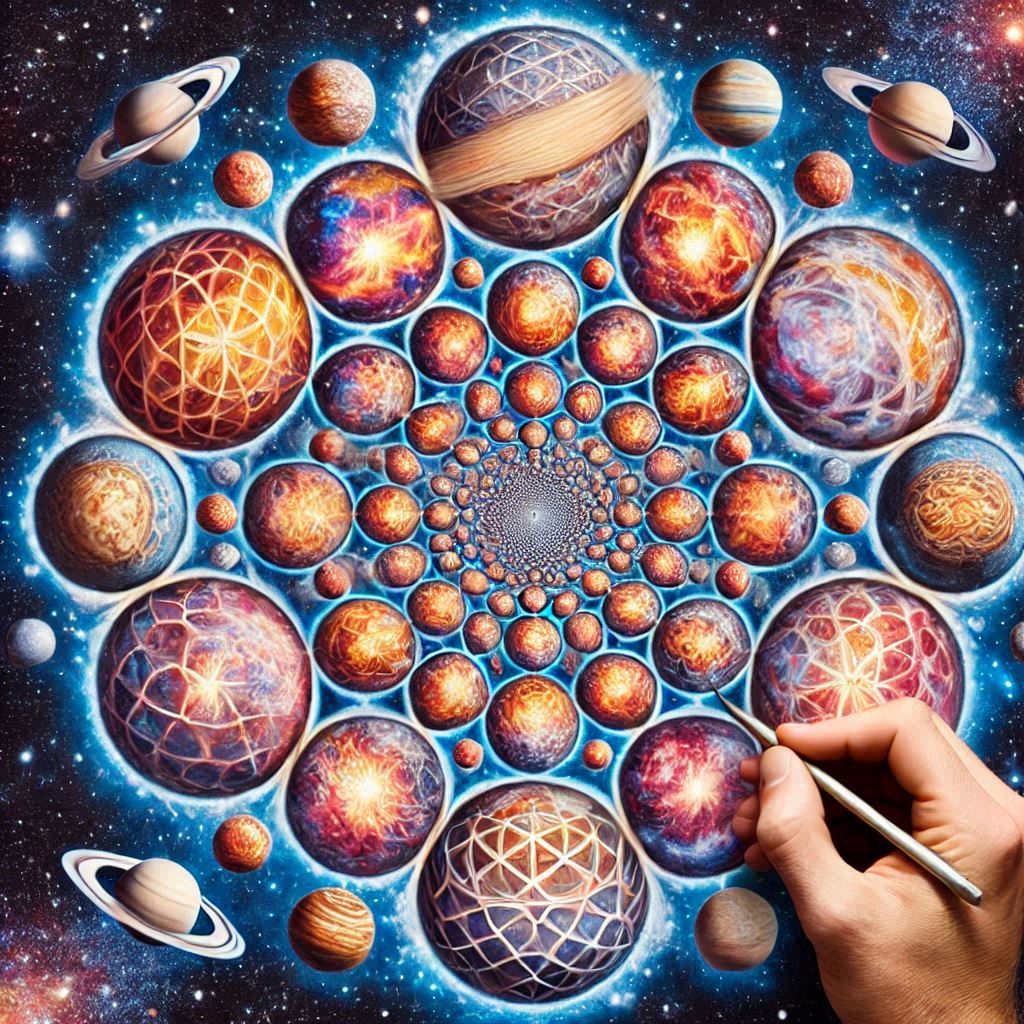



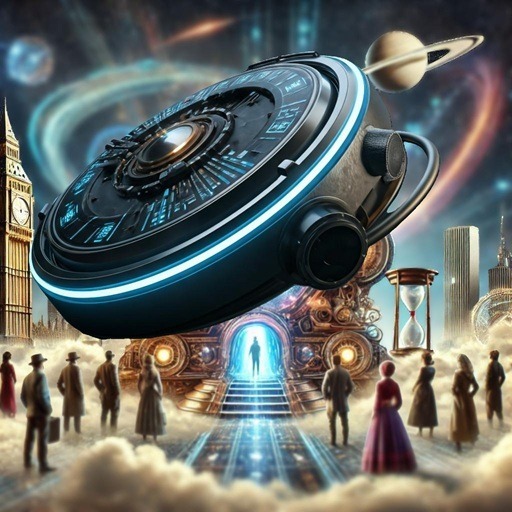



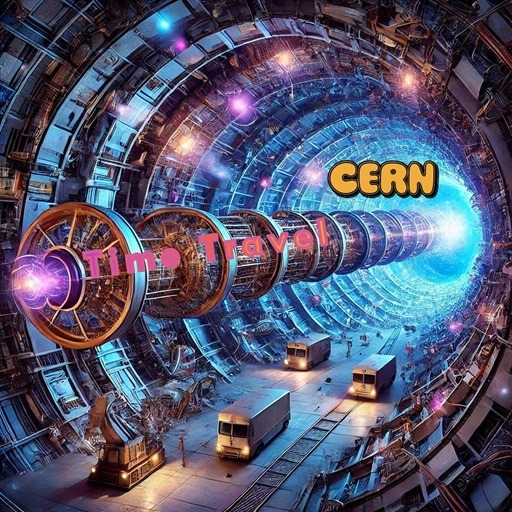


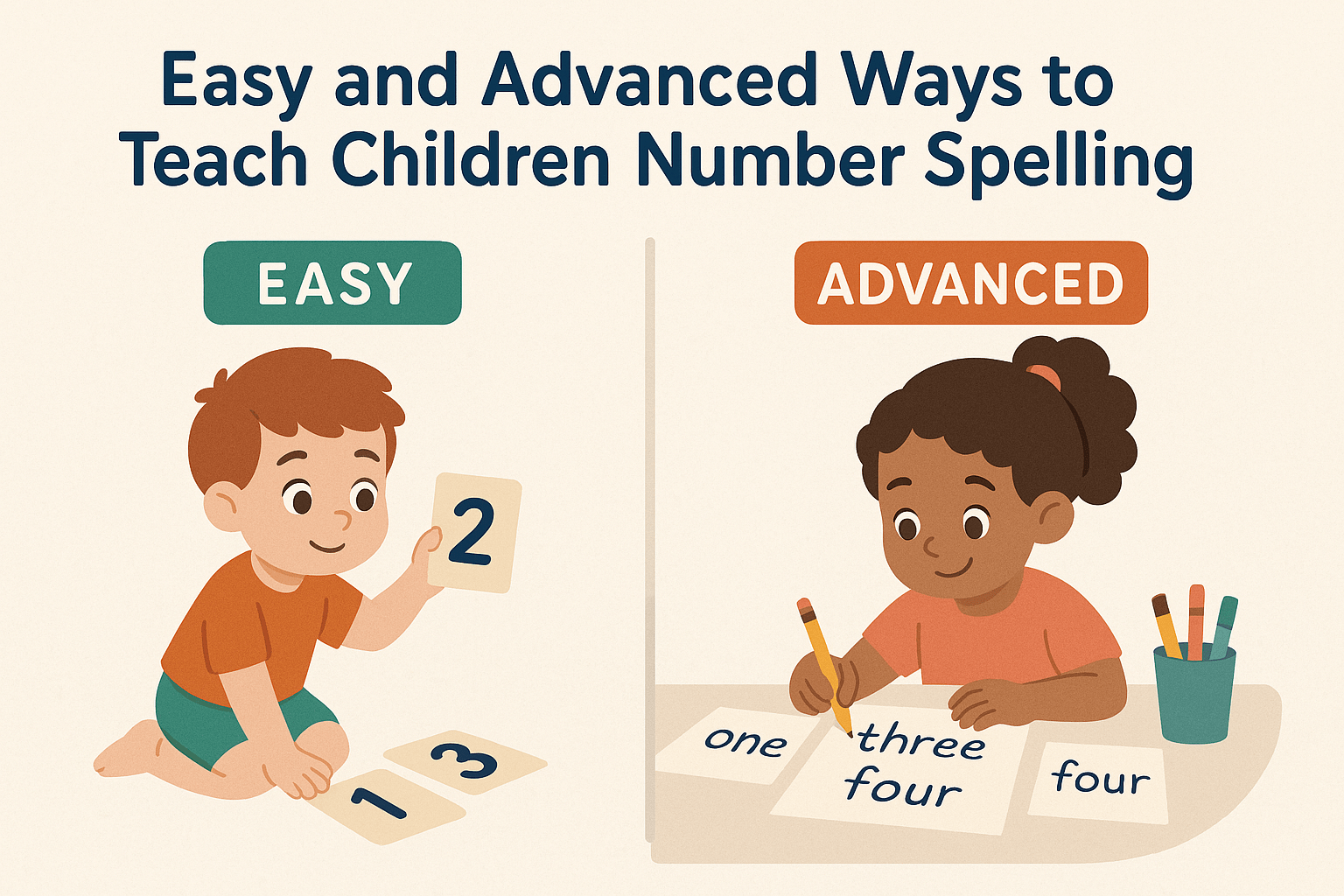
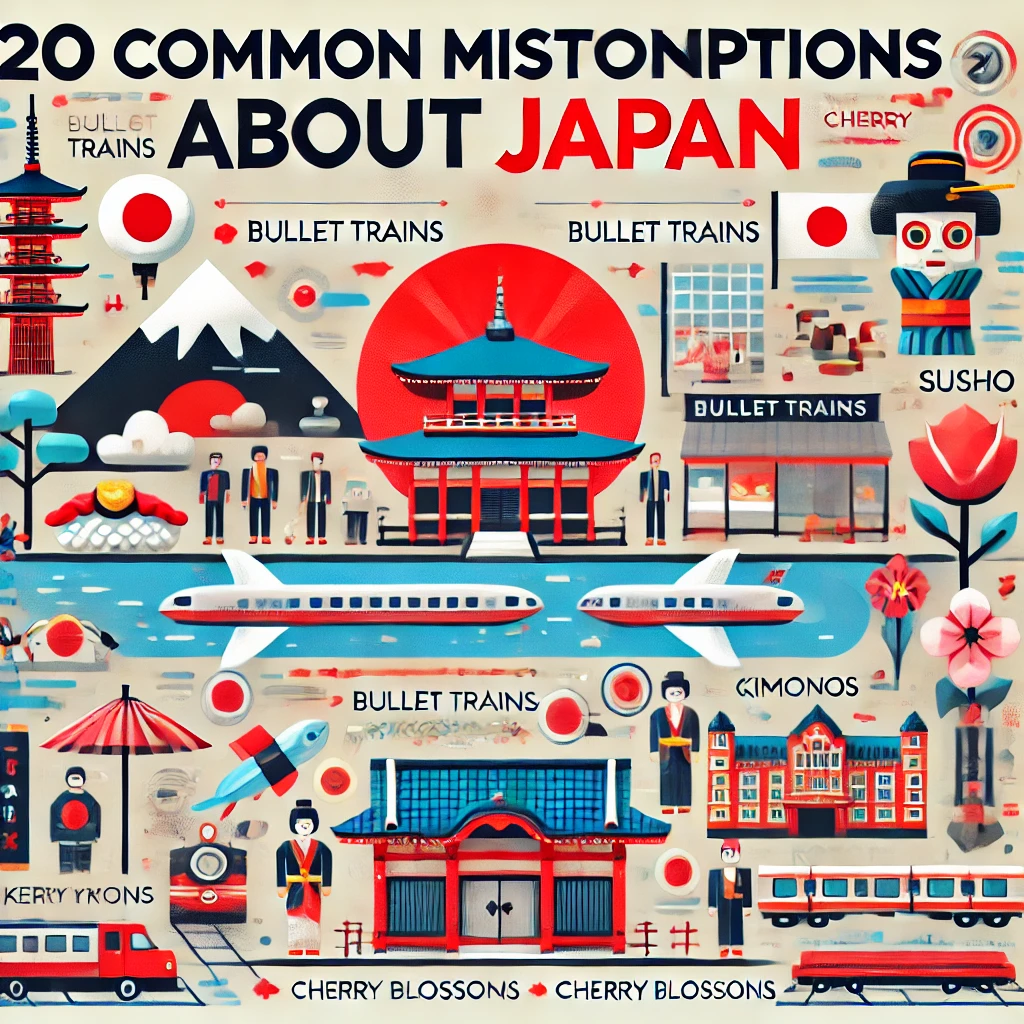


Leave a Reply